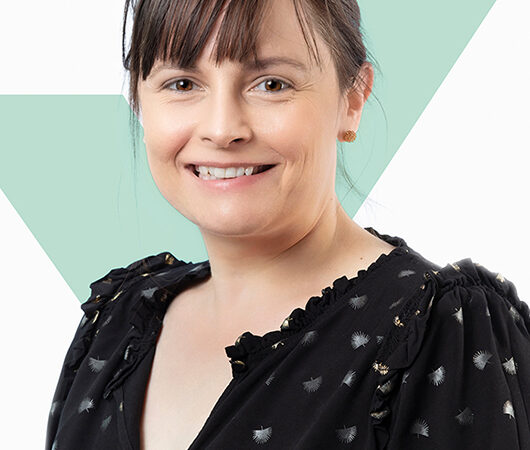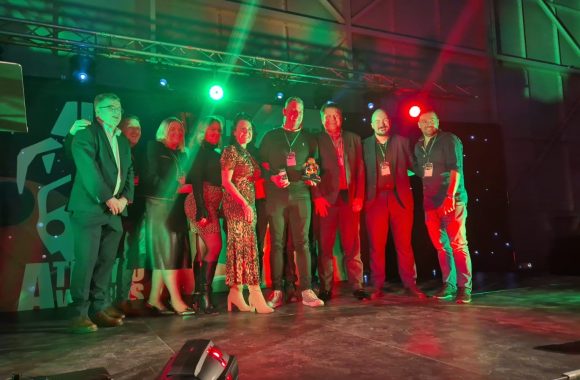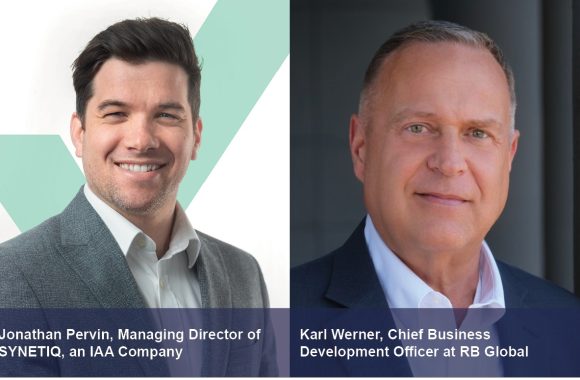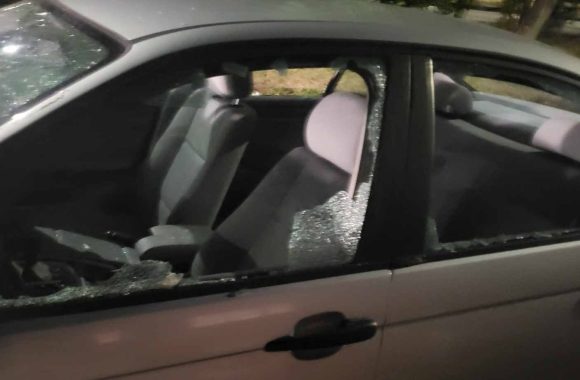Anna Reade, Client Relationship Manager and Helen Carling, Head of Marketing at SYNETIQ, talk to ATF Professional about the company’s path to sustainability and why other vehicle recycling operations need to head on this path too.
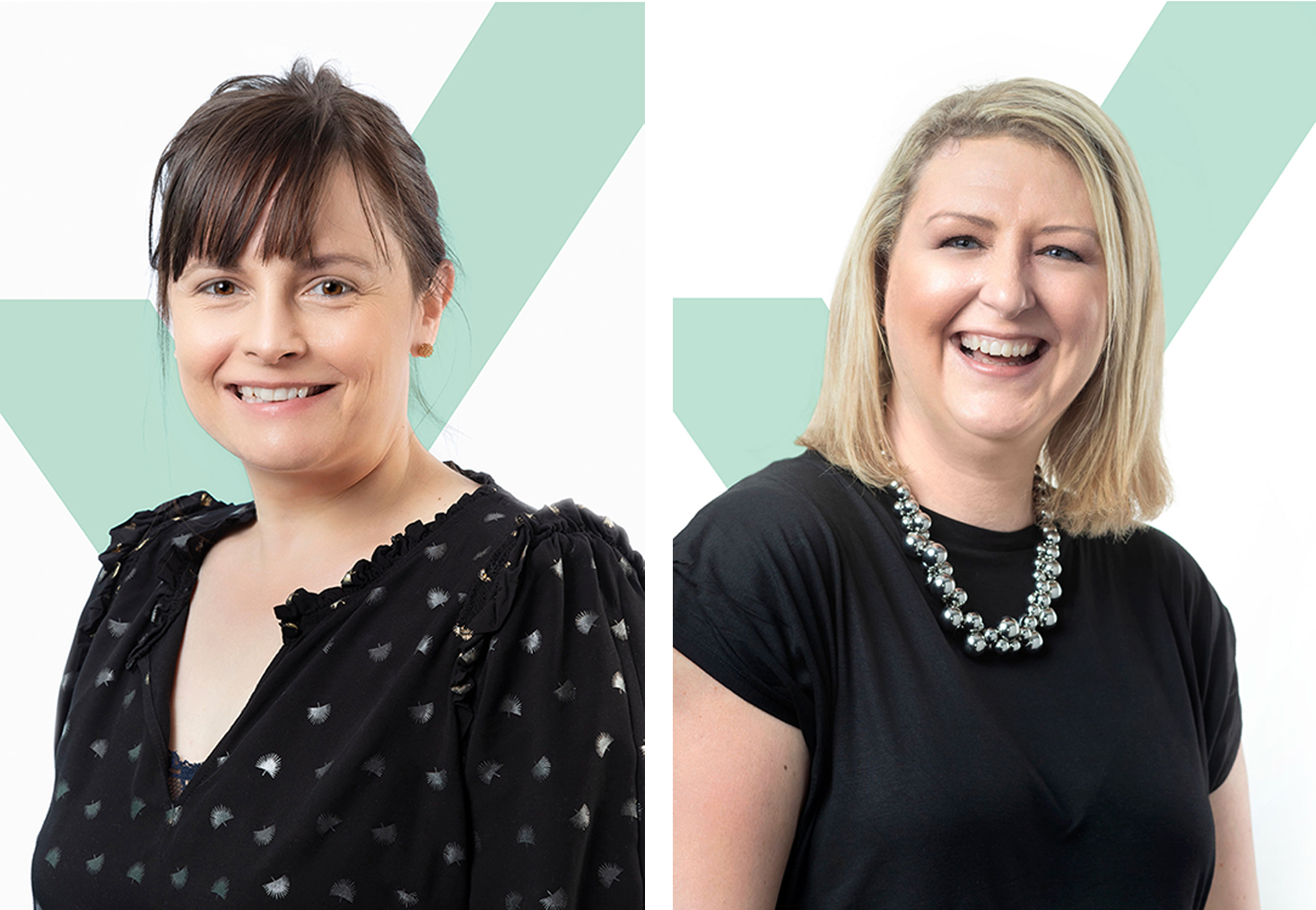
Where did sustainability begin for the company?
Helen told us that sustainability first began with Car Transplants and FAB Recycling, two of the companies that were part of the merger to make up SYNETIQ. FAB Recycling was the first company to become carbon neutral; they were offsetting before people knew that they should be offsetting.
Jason Cross, Director of FAB Recycling, found experts that helped him and made the recommendations. And they did what many people are doing now, but so many years before its time.
At the time of the merger, Tom Rumboll came on board, whose career had been very much focused on sustainability. It’s important to him to work for a company that makes a difference, and that’s why he decided to come to SYNETIQ; he could see that potential. He said that it is all about sustainability, and if you’re not doing the right thing, you’re going to lose out commercially – no one will want to work with you if you’re not doing the right thing. He knew the industry was sustainable by nature, but he wanted to make sure SYNETIQ was sustainable by their actions.
Public perception is changing, and larger companies, insurance companies, and fleets are in that space. So it’s not a case of sustainability for someone else; it’s for everyone.
When asked about sustainability and how vehicle recycling operations can start, Helen said: “There’s lots of help out there. It’s easier and less scary than you might think – it’s as simple as understanding where your company is now and where you want it to be, then you can put together your plan on how to get there.”
In terms of practical help, SYNETIQ went down the lines of working with circular economy specialists. Helen suggested to start by getting in touch with your local Chamber of Commerce and tell them you need some help, and they will point you in the right direction. Helen said: “You don’t have to spend a lot of money, but you do have to invest time and energy. There are people who the government are helping to help you. So just reach out and get the advice.
“It is likely that some ATFs, especially those with ISOs, are already doing a lot of right things – it’s not about sustainability; it’s about common sense.
“So I guess the advice is, it’s not as hard as you think it is. Put one day aside, do some googling, make some phone calls, and find out if you can get someone to measure your carbon footprint. Think about where you want to be, and then start working.
The really important thing is, if you’re a small ATF, to get everyone to work on this together. For a larger ATF, create a team from different departments to provide their input, as they all bring something different. You can’t do it on your own.”

But what are the benefits? For the time and energy spent looking into where a vehicle recycling company can be more sustainable, why should the vehicle recycler do this?
Helen told us that it is helping the environment and will save them money. Therefore, profitability will increase. But ultimately, very soon, customers will decide if they want to work with you, and this will form part of their criteria. And in any case, Helen said, now, if you’re a limited company, and depending on the size, it’s a legal requirement that Streamlined Energy and Carbon Reporting (SECR) is submitted in your company accounts.
Anna gave an example by saying that in her capacity to do due diligence for clients, she couldn’t believe how there is now so much more information on climate change than 18 months ago. The awareness of sustainability has increased, and there has been a real shift in what they expected.
Helen said that although customers are coming for parts or auction vehicles based on value right now, mindsets are changing so dramatically and quickly that it will impact their sales line in two or three years as consumers understand the carbon savings.
Anna said that some repairers are now being assessed for carbon neutrality to be verified for PAS2060 Carbon Neutral. They’re tasked with who they buy off in their supply chains, the same as vehicle recyclers, and this is a major thing. In SYNETIQ’s case, they can tell them the carbon savings. And according to Helen, this is where SYNETIQ is successful; repairers are looking at their own supply chain to see where they can improve it, so head to SYNETIQ for parts knowing of their approach of reducing their carbon footprint. She said: “It’s massive, it’s not just for larger companies, it’s for everyone, and it’s coming.”
When asked about what changes can happen in the short term to make a vehicle recycling company more sustainable, Helen said that the process is simple. “Start by breaking it down to ‘Where are you now?’ ‘Where do you want to be?’ ‘What’s the gap?’ and ‘Build yourself a map’. You may find you are, for example, already using LED lights, reducing the amount of paper you are using, introducing electric vehicles. You might be closer to carbon-neutral than you think.”
ATFs should create their own version; to think about where they are now, to find out where they want to go and take some steps. It may take many steps, but it depends on the time and resources they have available.
Anna said that if you know where you are, you can move forward, but it’s also about not being overwhelmed because the small changes can make a big difference. And because of her creating SYNETIQ’s Carbon Literacy Training, she has been able to make her colleagues aware that they personally can make a difference within SYNETIQ and their home life. Everyone needs to talk about climate change and spread their carbon literacy knowledge.
Helen reiterated Anna’s sentiment by saying that regardless of the size of your operation, it doesn’t matter how large or small the changes you make; it could be changing the light or trying to reduce your paper. Helen said that one of the team members at SYNETIQ has an A4 piece of paper that has been laminated and is wiped after each use; resourceful and great from a GDPR point of view.
It seems, according to Anna, the sustainability revolution has created a real buzz throughout the whole of SYNETIQ. As part of SYNETIQ’s Carbon Literacy training, people have to put forward a personal as well as a group action. At weekends, some people even find articles related to sustainability and share them with her. They are car sharing, or maybe cycling to work; all these different things are making people more aware, and they are calculating their carbon footprint not just in the workplace but outside too.
When it comes to training, as one of SYNETIQ’s Carbon Literacy Trainers, Anna said that within SYNETIQ, the training is for everybody; some people in the office, for example, don’t necessarily know every part of the depollution and dismantling process. So she includes some information about it, such as how their copper granulator is putting a finite resource back into the world.
We asked if sustainability is just a phase, and Helen told us that “It is a buzzword. Right now, everyone is focused on sustainability. But think less about sustainability, and think about more about doing the right thing. You have to do the right thing to survive in business, and right now, the right thing is to focus on sustainability, protect the family, protect your business, protect the planet and show that you’re doing it.”

